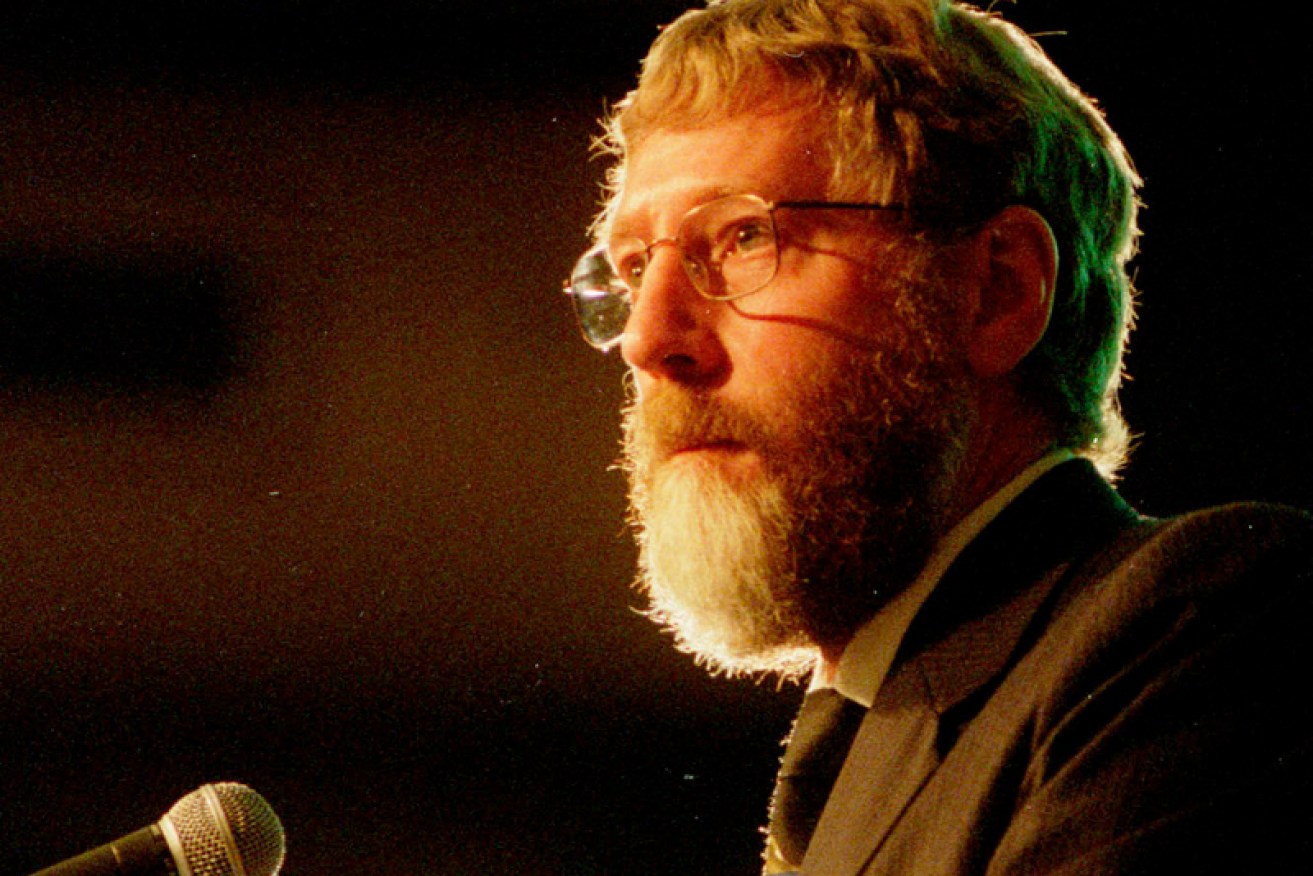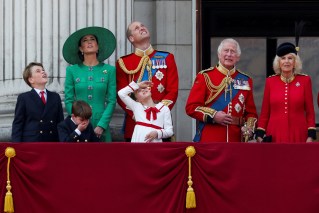Dementia sufferers excluded from Australia’s first euthanasia law, former health minister warns


Former ACT health minister Michael Moore says many will be disappointed. Photo: AAP
Voluntary euthanasia is set to become legal in Victoria after historic laws passed the upper house on Wednesday, however some have criticised the legislation for excluding those with certain terminal illnesses from accessing a doctor-assisted death.
The law requires that a patient has decision-making capacity at the time of placing three requests for euthanasia, which excludes those living with terminal mental illnesses such as dementia.
Under the law, it is not possible for a patient to provide an advance care directive before their condition deteriorates.
“A lot of people have told me they would want to access VAD but can’t and they are obviously disappointed,” former ACT Health Minister Michael Moore told The New Daily.
Mr Moore introduced Australia’s first euthanasia bill in 1993 when he was a member of ACT’s lower house, and it did not exclude terminal mental illnesses.
“The challenge is that people will try to go outside the law to end their life … they may take the action earlier than they would have because they cannot give an advance directive that would give them peace of mind,” he said.
“Unfortunately, even though there are good reasons behind it, this may cause ongoing problems for some people.”
By contrast, Right to Life Australia president Margaret Tighe said she worries the legislation will at some point be relaxed to include both terminal and non-terminal mental illnesses.
“It’s a black day for the state of Victoria,” she said.
“We know full well that this is just the beginning. Little by little, the safeguards will be whittled away. Holland started off being very careful – euthanasia was only to be used in certain circumstances, like terminal illness and insufferable pain.”
Dying with Dignity president Lesley Vick disagreed, saying that international evidence does not support the “slippery slope argument”.
She pointed to the fact that euthanasia laws in the US state of Oregon, on which Victoria’s laws are modelled, have remained unchanged during the 20 years since they were enacted.
The ‘most conservative’ legislation?
Victorian Premier Daniel Andrews called the legislation “the most conservative voluntary assisted dying model that has ever been proposed – let alone implemented – anywhere in the world”.
For some, this was perceived as a reassurance that medical tourism and elderly abuse would be prevented, along with the fact that two doctors must sign off any VAD case. However not everyone is convinced.
“The laws provide inadequate protection to the elderly, many of whom are isolated and vulnerable. In my 25 years of medical practice, I have seen too many situations where the next of kin are not putting the needs of the patient first,” said Stephen Parnis, the Melbourne-based emergency physician and former vice-president of the Australian Medical Association.
“It’s like handing elderly patients a loaded gun,” echoed palliative care physician at Cabrini Hospital, Dr Natasha Michael.
The law allows doctors to refuse to take part in any aspect of VAD on the grounds of conscientious objection, and requires those who are involved to have a minimum of five years’ professional experience.
Dr Philip Nitschke, the director of the pro-euthanasia group Exit International, on Wednesday praised Victorian lawmakers for passing Australia’s first euthanasia law, but told The Australian the heavily amended legislation was so strict as to be “almost unworkable”.
Dying with Dignity’s Lesley Vick disagreed, saying this kind of “more sweeping attitude” to euthanasia was “unreasonable”.
She applauded the depth of research carried out by an expert panel over 10 months, which included panel members travelling overseas to jurisdictions where euthanasia is legal.
“We at DWD think self-ingestion or self-injecting is the best idea. What’s crucial is the patient’s determination of their own right to end their life,” Ms Vick said.
However she pointed out that refusing treatment, also known as ‘terminal sedation’, is already legal and can also involve starvation or dehydration.
“It’s not as if people can’t make the choice to end their life in other ways, but their deaths are violent, horrible and sad. And there’s been no oversight in these cases to know whether a patient has given informed consent. This legislation is a big improvement.”
Ms Tighe disagreed with the Premier’s claim that the Victorian scheme was the “most conservative”, saying that was “just a euphemism used by the Premier to try and persuade people not to look at the details”.
She said Oregon’s laws are stricter because only patients can administer life-ending medication, whereas Victoria’s laws allow a physician to administer it, should a patient be incapable of doing so.








